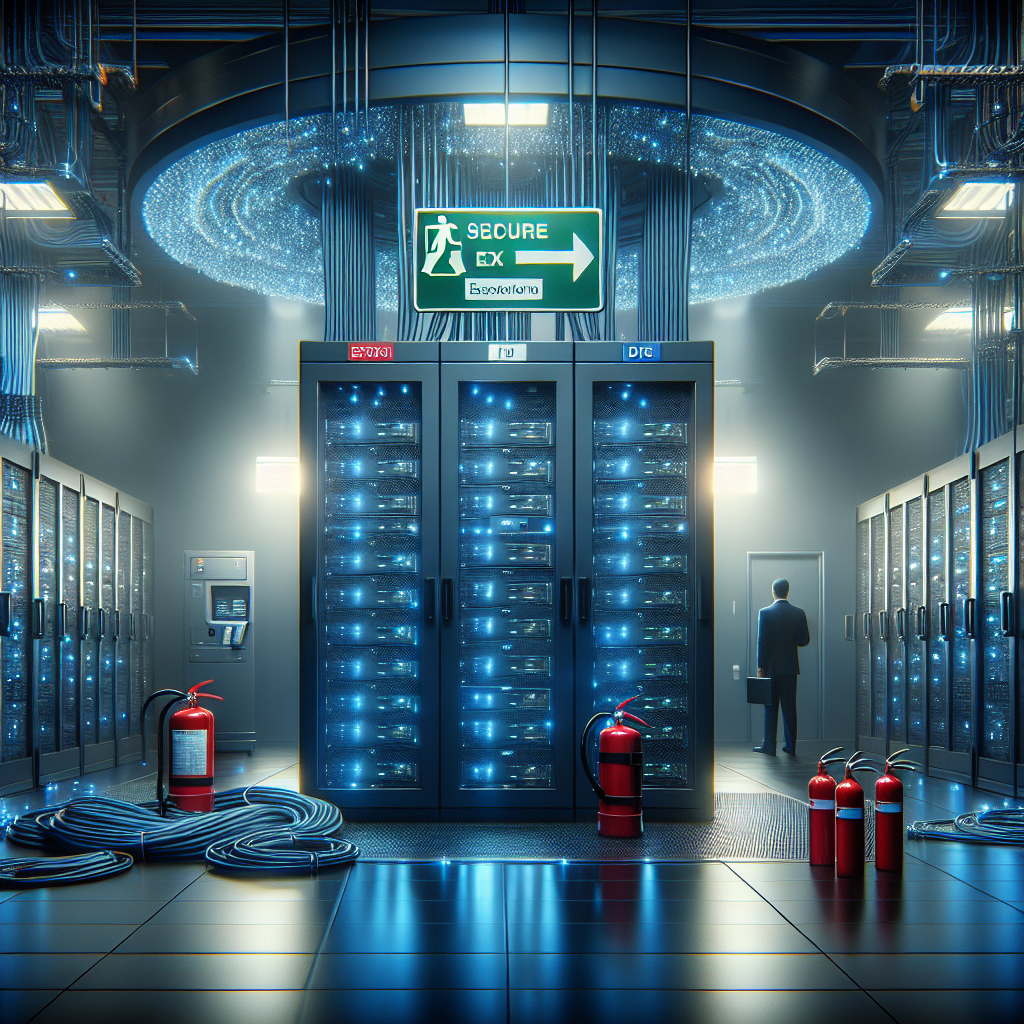Your cart is currently empty!
Safe and Secure: Essential Guidelines for Maintaining Data Center Safety

Data centers are the backbone of modern businesses, housing critical information and infrastructure that keep organizations running smoothly. With the increasing reliance on digital technologies, ensuring the safety and security of data centers has become more important than ever.
Here are some essential guidelines for maintaining data center safety:
1. Physical Security Measures: Implementing stringent physical security measures is crucial for protecting data centers from unauthorized access. This includes installing access control systems, surveillance cameras, and security guards to monitor and control who enters the facility.
2. Fire Suppression Systems: Data centers house a large amount of sensitive equipment that can be easily damaged by fire. Installing fire suppression systems such as sprinklers, smoke detectors, and fire extinguishers can help prevent and contain fires before they cause significant damage.
3. Environmental Controls: Data centers require precise environmental controls to maintain optimal operating conditions for servers and networking equipment. Monitoring temperature, humidity, and airflow can help prevent overheating and equipment failure.
4. Redundant Power Supply: Power outages can be disastrous for data centers, leading to data loss and downtime. Implementing redundant power supplies, such as uninterruptible power supplies (UPS) and backup generators, can ensure continuous power supply in case of emergencies.
5. Regular Maintenance: Regular maintenance and inspections are essential for identifying and addressing potential safety hazards in data centers. This includes checking for loose cables, damaged equipment, and outdated security systems.
6. Employee Training: Educating employees on data center safety protocols and procedures is crucial for preventing accidents and ensuring the overall security of the facility. Training should cover emergency response plans, proper equipment handling, and security best practices.
7. Data Backup and Recovery: In the event of a security breach or natural disaster, having a robust data backup and recovery plan in place is essential for minimizing downtime and data loss. Regularly backing up critical data to off-site locations can help ensure business continuity in the face of unexpected events.
By following these essential guidelines, businesses can maintain a safe and secure data center environment that protects critical information and infrastructure. Prioritizing data center safety not only safeguards against potential threats but also ensures the continued success and resilience of organizations in an increasingly digital world.

Leave a Reply